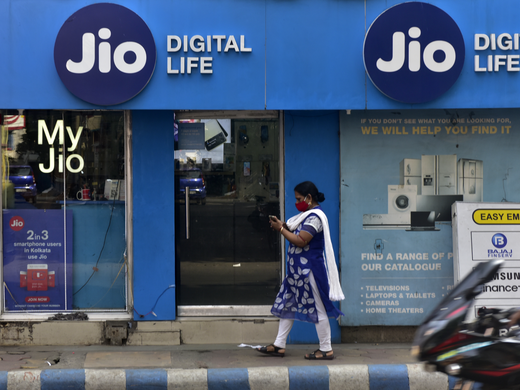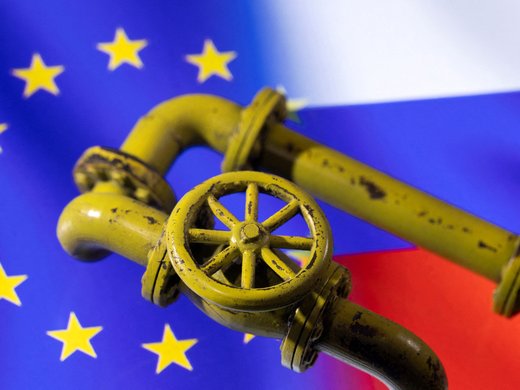Both President Joko Widodo and his predecessor, Susilo Bambang Yudhoyono, have been confronted with the agenda of eradicating corruption as part of their effort to promote good governance in Indonesia. The implementation of Law No. 30/2002 on the Corruption Eradication Commission (Komisi Pemberantasan Korupsi or KPK) is key to the success of such an effort.
Using George Tsebelis’s theory of veto power, the author explores how in turn Yudhoyono and Widodo have tried to overcome the institutional obstacles — characterizing the relationship between the president and not only the ruling party but also the parliament as a whole — in eradicating corruption. Unlike Yudhoyono, who had the privilege during his presidency of capitalizing on the full support from his own political party and the ruling majority of political parties in the parliament, Widodo, in the first year of his presidency, found himself to be at loggerheads with his own party, the Indonesian Democratic Party of Struggle, and the majority of political parties in the parliament on two critical anti-corruption issues: the appointment of the national police chief and the revision of the KPK law.
The paper concludes that unless the executive and legislative powers share the commitment to eradicate corruption, the promotion of good governance in Indonesia will always be jeopardized by the institutional obstacles embedded in the presidential system.


